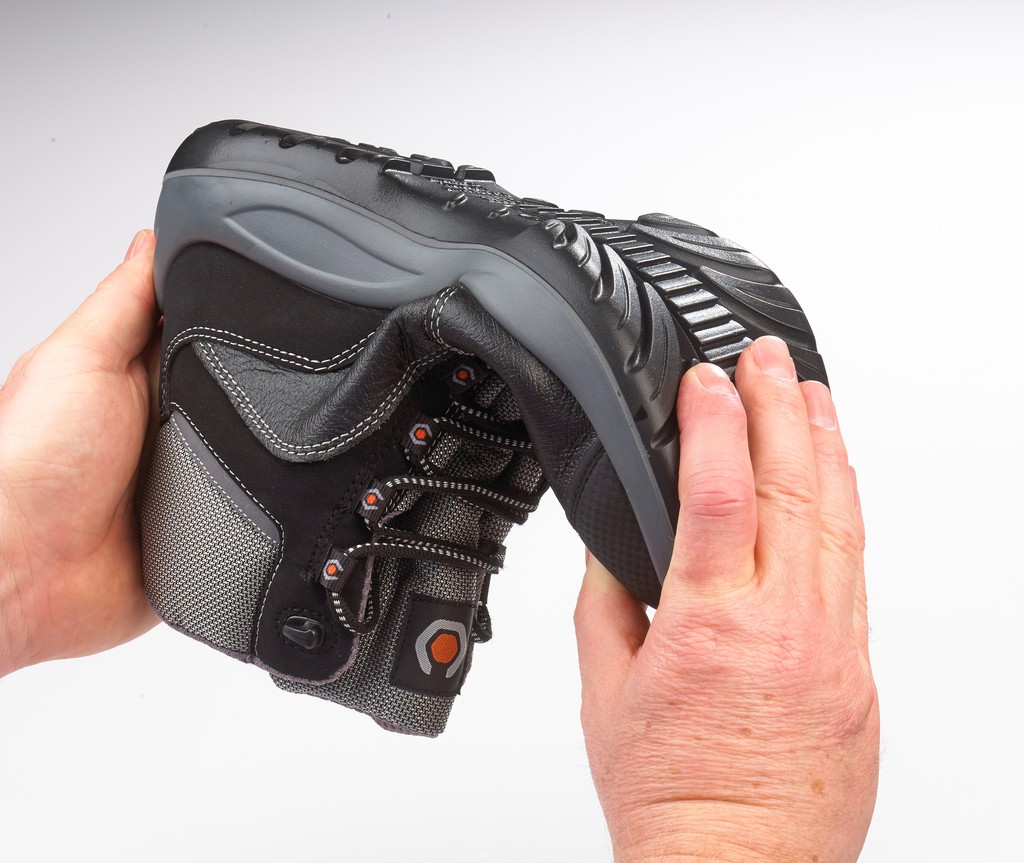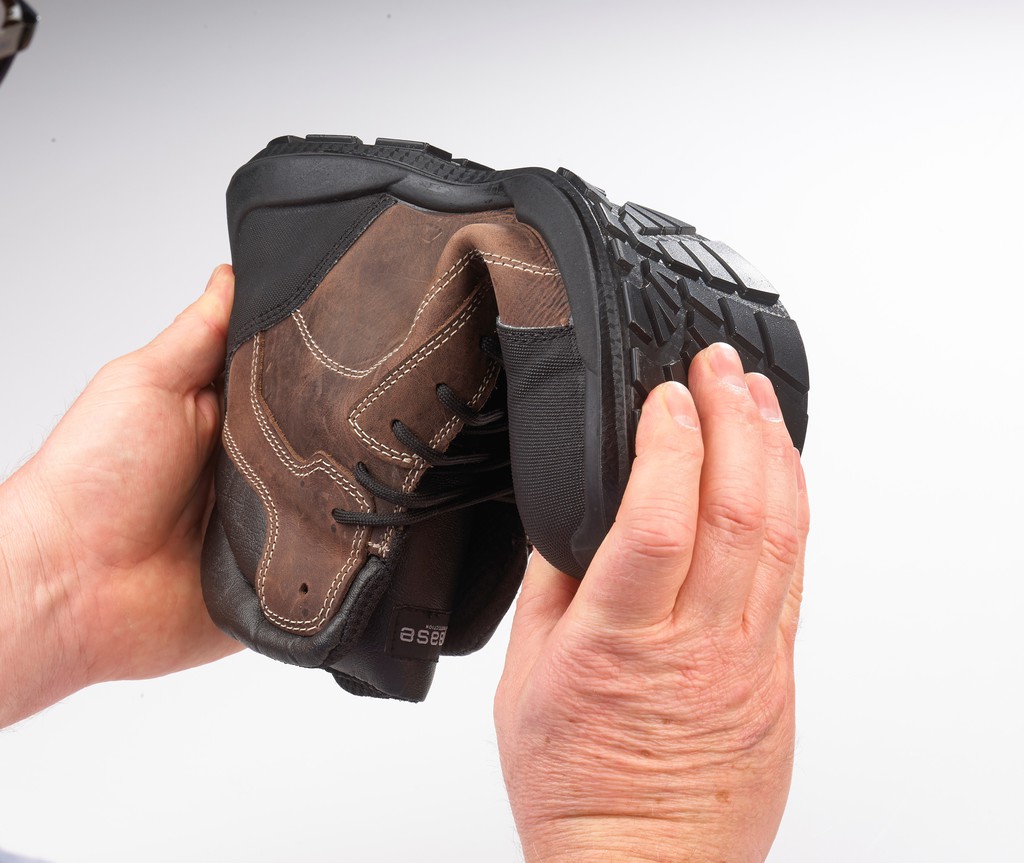
Kelly Rose
Editor

Kelly Rose
Editor
Protecting your feet while you work is important, but does a bog-standard pair of safety boots really meet the mark, or is paying out a few extra pounds worth the investment? John Dabb, sales and marketing director at Hyde, looks at the options.
There can be no question that safety boots are an essential part of PPE which no engineer should be without. However, what is open to question is the level of protection your feet need and whether in fact the sheer amount and range of safety footwear available is truly necessary. Surely a safety boot is a safety boot and so long as it meets the standard guidelines that should be enough, right?
Well actually, no. Choosing footwear that you will spend upwards of 8 to 10 hours a day walking, standing, bending and stretching in should mean that you take time and invest the necessary cash in ensuring it will be as comfortable at the end of the day as it is when you first slip it on in the morning. The reality often though is that we think nothing of splashing out on a new pair of shoes for a few hours on a night out at the weekend, but rein in the resources when it comes to workwear to be worn every day.
Damage limitation
It isn’t just about spending more money on the appropriate safety footwear either, doing some research into the many different options and trying them on for size also goes a long way. If we are honest, most of us do little more than check the boots have toe protection and are comfortable enough to work in before making a purchase, paying scant regard to the small print on the labelling other than to check it passes the basic safety requirements.
However, being led by the price tag and settling for the bare minimum in terms of health and safety requirements may not only be a false economy, it can also be damaging to your feet in the long-term. But with so much choice out there, which is best and what should engineers be looking out for?
Back to basics
All safety footwear must meet the minimum safety standards set out by the International Organization for Standardization (ISO), with EN ISO 20345:2011 being the current standard for safety footwear across Europe (EN). This stipulates that all safety footwear must have toe protection against a 200-joule impact, which basically means the amount of energy the toe region can absorb before breaking. SB safety boots meet this minimum legal requirement. This offers peace of mind that your toes are well-protected, but this legislature does little to ensure comfort or even all-round protection for your feet.
Invest a few pounds more and look out for S3 labelling, which offer a far more wiser investment in the longer term. For little additional cost, S3 boots offer a water resistant upper and puncture resistant sole, in addition to the required toe cap. In fact, all-round comfort is key with these S3s, with a padded tongue and protection at the back for the Achilles too.
Flex test
Perhaps the biggest test of comfort and durability for safety footwear can be found in the cleat. The majority of SB boots have thick cleated soles made from polyurethane, which is solid and inflexible and therefore don’t give when bending. Common thinking may have it that the bigger the cleat, the more robust the boot, similar to a tread on a tyre, but when it comes to safety boots this is not the case.
While most people choose boots because they look robust with thick cleated soles, they are in fact incredibly uncomfortable to wear for long periods of time. Research has proven that they require significantly more force to bend the foot than a flexible soled boot that has the same safety built in. Therefore, a much more effective rule of thumb is to subject the footwear to a flex test: how well does the boot flex when you bend the soles? The answer is the bendier the better.
For just a few pounds more than a standard SB boot will set you back and a few minutes spent on the flex test at point of purchase, an S3 safety shoe offers a wealth of protection and comfort that you can’t really put a value on when it comes to looking after your feet.


Stirling Road
Shirley
Solihull
B90 4LZ
UNITED KINGDOM
01217042324